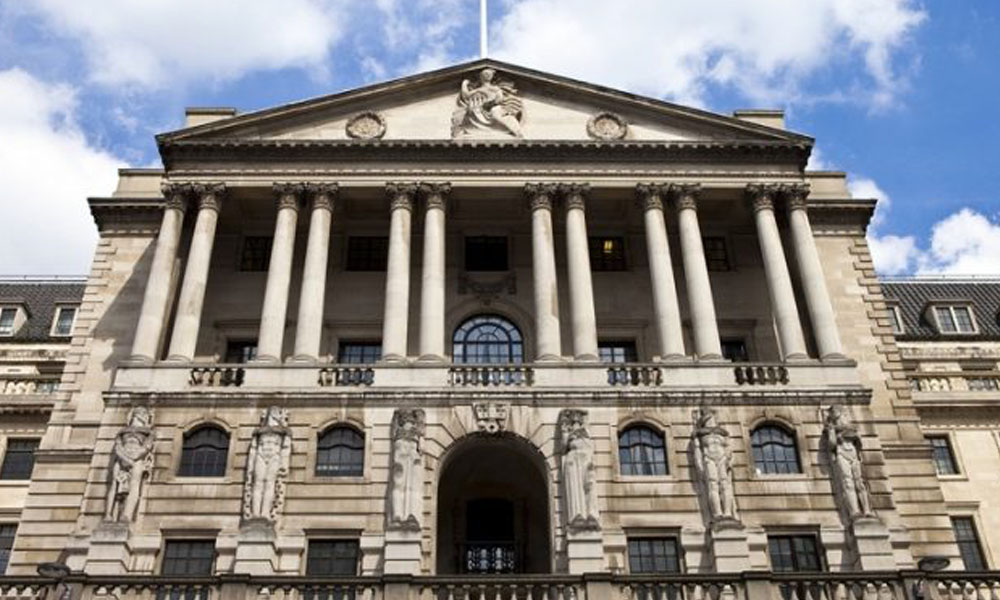There’s enough excitement in the US, but across the globe, central banks are also fighting for stability. The Central Bank of Curaçao and St. Maarten (CBCS) says that there are six specific goals for one of their focus areas. This is a stable and competitive financial sector.
“We must ensure that our financial regulation and legislation framework is up-to-date, based on current trends and complies with international standards,” said the Interim President of the Bank, Leila Matroos-Lasten.
A current example of this is that the CBCS has been given the responsibility of supervising the Securities Intermediaries and Asset Managers. As a result, CBCS put together the latest international events of worldwide regulators and last week CBCS gave the first license under the new Legislation.
Another aspect is to guarantee effective and efficient supervision of the financial sector and maintain financial stability. “We must ensure that the supervised institutions are sound, solid and reliable so that people can trust our financial institutions. In this regard, we will apply data-driven and risk-based supervision.”
The Central Bank says that it needs to be a strategic partner that consults on the stability and competitive position of the financial sector and that stimulates growth.
“We believe that because we have the expertise and we have the data, we want to use these to become a Sparring Partner who thinks along about confronted challenges, developments in our country and important decisions to be made. In this regard we are for instance in close contact with representatives of different financial institutions on Fintech and Regtech, we are developing macroeconomic models, we have upgraded our chart of accounts, and we have organized conferences such as Central Banking / FinTech (in collaboration with Cinex) / GDPR (in collaboration with Deloitte),” said the Interim President of the bank during a luncheon organized by the Curaçao Business Association (VBC).
Another important aspect is to have a clear vision of FinTech companies with new technology-driven financial products and services.
“Technology is revolutionizing the financial sector around the world. For example, nowadays it is possible to make payments through mobile phones, an investment fund in cryptocurrencies is active in Curaçao, and bitcoins are being accepted at a local supermarket. In this changing environment, we need to understand these new technologies and their impact on the financial sector to be able to conduct our supervisory task in an adequate manner.”
Leila-Lasten mentioned that last month, training on blockchain and cryptocurrency was provided to the bank’s staff. An MOU was signed with Bitt Inc to start a pilot to research the feasibility of a digital currency for the monetary union. The bank will explore with its peers in the region if the use of Fintech technology can be the solution to de-risking.
Another strategic goal is to introduce a new currency for Curaçao and Sint Maarten.
The intention was that the countries of Curaçao and St. Maarten shortly after the constitutional reform of the Netherlands Antilles on 10 October 2010 would introduce the Caribbean guilder.
This has not yet happened but CBCS is preparing for the introduction of a new currency by January 1, 2021.
Leila-Lasten stated that the current national payment system would be upgraded to the newest technology. The complete replacement of the existing system by a new Instant Payments infrastructure will be a significant step for the payments market.
“By switching to Instant Payments, we create a new and solid foundation for future innovations and next-generation payment solutions on the islands. In relation to this CBCS will also develop policies that promote financial inclusion.”





